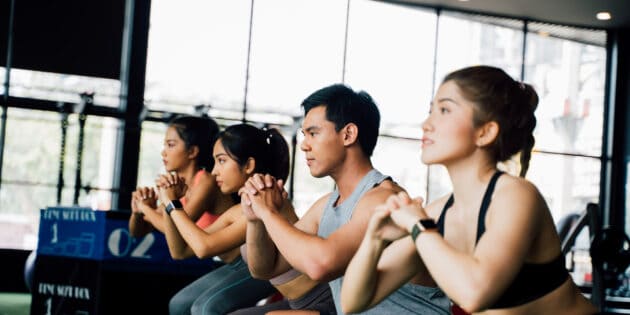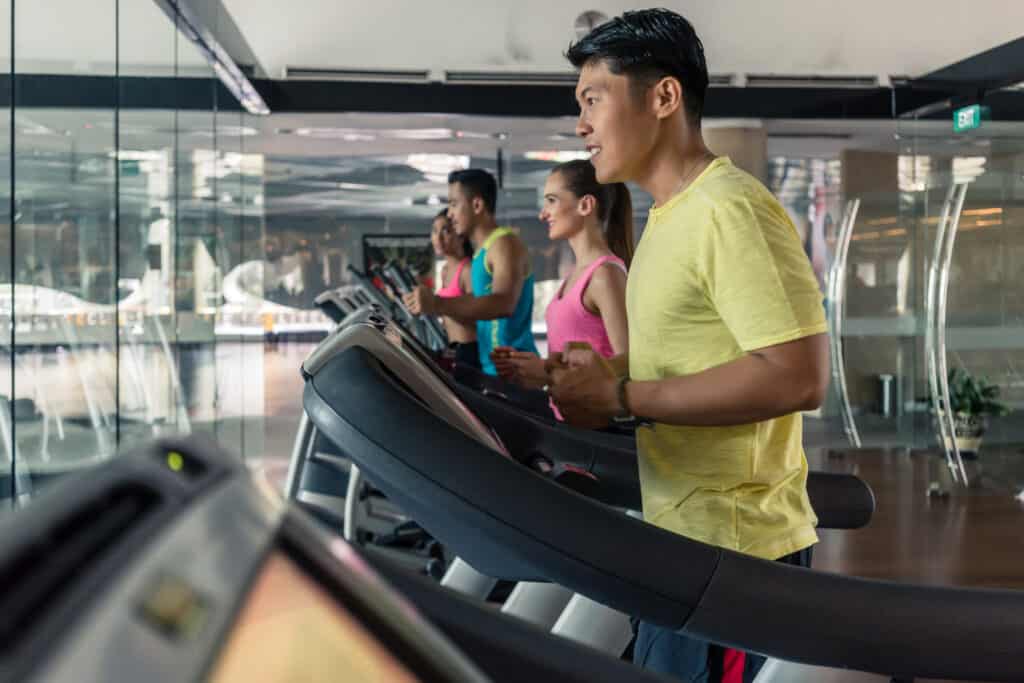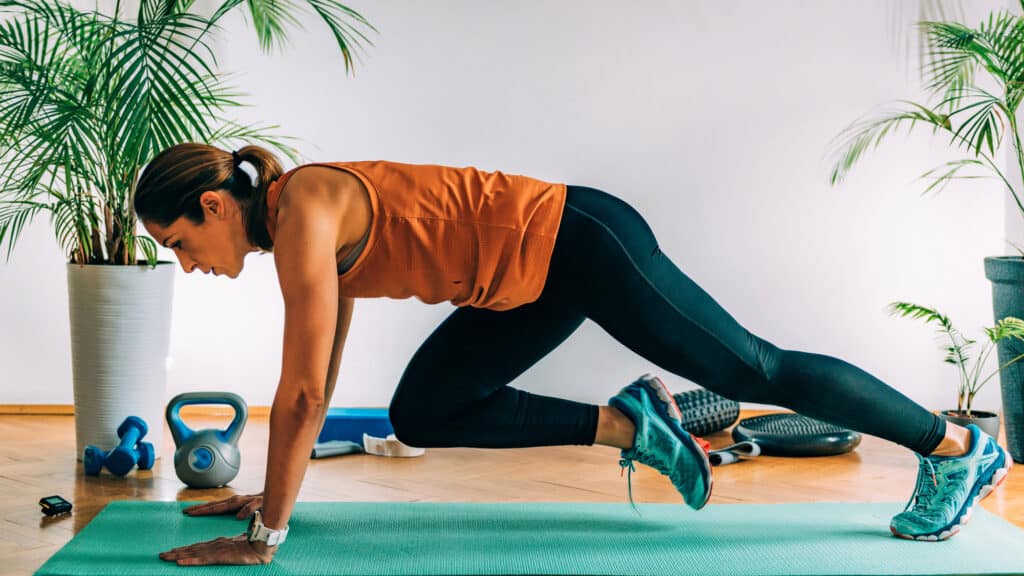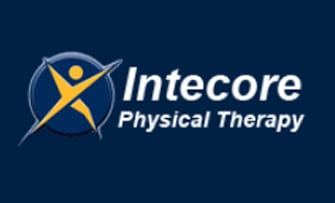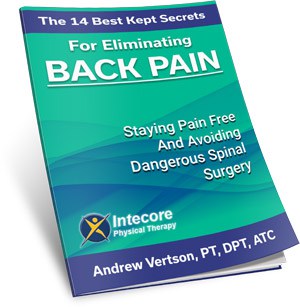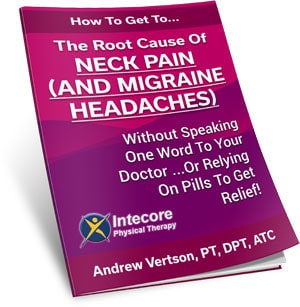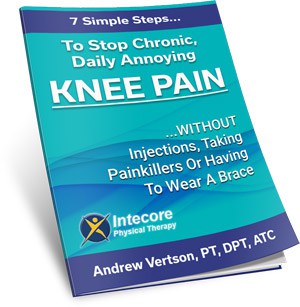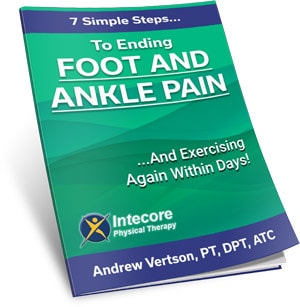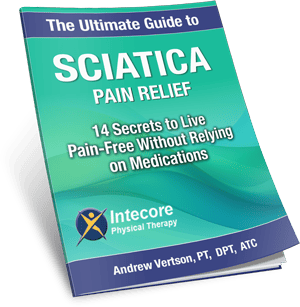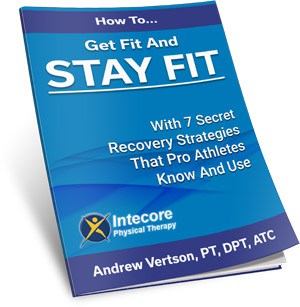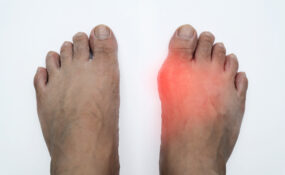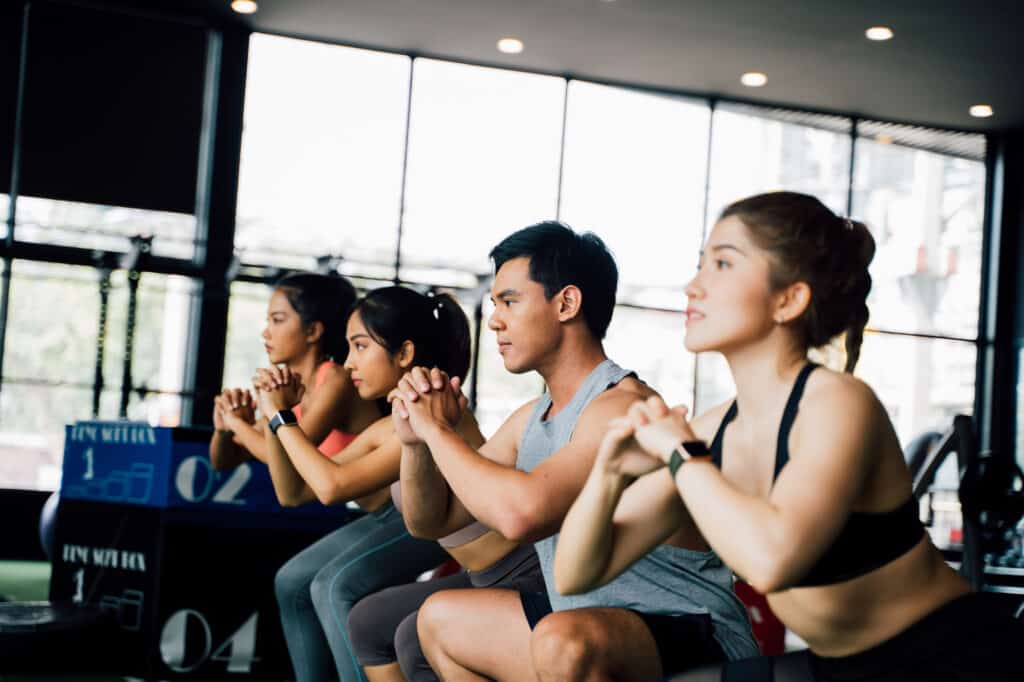 Are you thinking about trying high-intensity workouts?
Are you thinking about trying high-intensity workouts?
Would you like to learn why incorporating HIIT into your fitness plan can be beneficial for reaching your health and fitness goals?
Let us explain…
High-intensity, or HIIT, workouts are becoming increasingly popular amongst people looking to improve their health and fitness. In a world filled with unhealthy habits, high-intensity workouts are said to help you stay in shape and maintain a healthy lifestyle in the fastest time possible.
We all love a quick fix, don’t we?
But is it really possible that such intense physical activity is good for you?
The short answer is that high-intensity workouts can positively impact your health.
For example, a study in the International Journal Of Obesity concluded that women who did high-intensity exercise versus steady-state (less intense) cardio exercise lost significantly more body fat and reduced insulin resistance, contributing to overall better health.
So, if your current workout routine isn’t working out for you, it could be time to rethink your exercise routine and switch to a high-intensity workout. The long answer, however, depends on individual factors specific to you and your current fitness level and the level of intensity you use in your workout sessions.
But it’s important to understand that too much of anything can be dangerous, including exercise. So, if you take part in high-intensity workouts, always proceed cautiously under the guidance and supervision of a physical therapist or qualified fitness trainer.
More Blogs From Intecore
Shoulder Injuries That You Should Be Aware Of
How Can I Improve My Posture During Everyday Activities?
How To Treat Carpal Tunnel Syndrome
What Are The Health Benefits Of High-Intensity Workouts?
Do you feel like no matter how hard you work out, you still don’t see the results you want? Or perhaps your busy life and lack of time stop you from getting fit? Well, high-intensity (HIIT) workouts could solve your problem.
High-intensity workouts offer several benefits over and above regular workouts, including improved metabolic rate, enhanced calorie-burning potential – and decreased fat mass, increased muscle tone and strength development, lower cholesterol levels, and reduced risk of stroke. Working out more intensely can also enhance your mood and improve your sleep.
High-intensity workouts are designed to be intense and challenging, triggering your body’s natural response to stress, known as the “fight or flight” response. This physical challenge helps boost your metabolism, allowing the body to burn more calories and fat during exercise while improving physical performance.
High-intensity workouts also increase blood flow, helping with muscle recovery and growth.
When done correctly and under supervision, high-intensity workouts can offer a variety of benefits for your overall health, including:
- Improved heart health: Improving cardiovascular health is critical to living a long and healthy life. Our heart serves as the lifeline of our body, providing oxygen and nutrients to all our organs and tissues. Therefore, maintaining a healthy heart is essential for optimal health. Several ways to improve cardiovascular health include regular exercise, a healthy diet, and quitting smoking. Cardiovascular disease is one of the leading causes of death worldwide, making it crucial to take steps to prevent heart disease. By making small changes in your lifestyle, you can significantly improve your cardiovascular health and enjoy a healthy and fulfilling life. High-intensity workouts can help you do that.
- Faster metabolism: Many people dream of having a faster metabolism, as it can contribute to weight loss and increased energy. However, a faster metabolism is not solely dependent on genetics. Many factors, such as diet, exercise, and sleep patterns, can affect your metabolic rate. For example, eating protein-rich foods, doing high-intensity exercise, and increasing muscle mass through strength training can boost metabolism. Additionally, getting enough quality sleep and staying hydrated can have a positive impact. So, while genetics may play a role in metabolism, lifestyle changes can help speed it up.
- Higher energy levels: Are you tired of feeling sluggish and lacking motivation? Boosting your energy levels can make all the difference in your day-to-day life. You can make simple lifestyle changes that will significantly impact your overall energy levels. Regular exercise is one of them, which is where high-intensity exercise can help. But getting enough sleep, staying hydrated, and consuming a balanced diet is also essential to maintaining higher energy levels. While implementing these changes can feel like an effort, the benefits are well worth it. Imagine feeling more alert, focused, and productive throughout the day. We know from experience that when our patients prioritize their physical wellbeing, they achieve a new level of vitality that they didn’t even know was possible.
- Enhanced muscular strength and endurance: Achieving increased muscle tone and strength is a goal many people strive for. Not only does it improve physical appearance, but it also enhances your overall health and performance. Regular exercise and appropriate nutrition can develop and strengthen your muscles, allowing you to lift heavier weights, perform daily tasks more easily, and improve your athletic abilities. Whether through weightlifting, resistance training, or high-intensity exercise, the benefits of maintaining strong and toned muscles are many. You’ll also notice the positive changes in your mental wellbeing as you get fitter and stronger.
- Improved mental focus and clarity: The demands of everyday life can sometimes leave us feeling overwhelmed and unable to focus. A lack of mental clarity can lead to decreased productivity and heightened stress levels, leaving you stuck in an unproductive cycle. Fortunately, there are ways to improve mental focus and clarity. One way is to practice mindfulness meditation. This practice involves training the mind to remain present in the moment and not get side-tracked by distractions. Another method is to get enough rest and exercise to maintain a healthy mind and body. High-intensity exercise is great for this because it’s difficult to think about anything negative when you’re going all out. We believe that prioritizing movement and exercise are key to improving mental focus and clarity and having a clearer and more productive mindset. Try it. Let us know how you get on.
- Lower risk of injury due to increased mobility and flexibility: This benefit is arguably one of the most important. Moving about easily is a sought-after ability for everyone, but even more so if you’re active and like to play sports or strive to hit personal bests in the gym. Increased mobility and flexibility enhance your performance and lower the risk of injury. Improved range of motion translates to more robust and healthier muscles, tendons, and ligaments. It also lets your body withstand sudden movements and forces that could cause harm.
- Additionally, flexibility aids in maintaining good posture, reducing muscle tension, and increasing blood circulation. So, don’t underestimate the power of flexibility- it is the key to keeping yourself safe and injury-free. Engaging in regular exercises, like HIIT workouts, can help to maintain your mobility and flexibility.
What’s not to love? Good question. However, not everyone should engage in high-intensity workouts due to the potential for injury or extended fatigue states. For example, if you suffer from a pre-existing medical condition, such as heart disease, asthma, or diabetes, you should consult your doctor before beginning a new exercise program. Similarly, if you’re over 65 and haven’t exercised in a while, you should take extra precautions with high-intensity exercises due to potentially weaker bones and more fragile joints.
What Are The Risks Associated With High-Intensity Workouts?
The most common risk with high-intensity exercise is going too hard too soon and ending up in an exhausted state that takes weeks, sometimes even months, to recover from and prevents you from exercising at all.
Exercise is a stressor and directly raises your body’s cortisol (stress hormone) levels. If you’re not used to exercising at a high intensity and your body is already in a reasonably stressed state from home and/or work stress, HIIT workouts can be like pouring gas on a fire.
Don’t do this. Instead, take it slow until you know your body can recover well, and then up the intensity. High-intensity exercises also deplete the glycogen stores in your liver and muscles – your body uses glycogen for energy.
If you deplete it too quickly with HIIT and your unconditioned body can’t recover quickly, you will feel stiff, sore, and extremely fatigued.
The other major risks are injuries.
High-Intensity Workouts: How To
Generally, it’s best to start slowly with high-intensity workouts and gradually work up to higher-intensity levels as your fitness and body conditioning improve.
But regardless of what intensity you’re working out at, you should always warm up properly before each workout session by doing light stretches and some aerobic activity like a gentle row or jogging/walking on the treadmill for at least 10 minutes.
Adding in a warmup helps to reduce your risk of muscle strains and other injuries and makes the rest of your workout more enjoyable.
You should also pay attention to how your body feels during high-intensity workouts. If at any point you feel faint, dizzy, short of breath, or experience chest pain, stop exercising immediately and consult a medical professional.
In summary, high-intensity workouts can benefit your overall health when done correctly and in moderation. However, if you’re new to exercise, you should always seek advice from your doctor or physical therapist before beginning a new workout routine.
Even if you’re an experienced athlete, we recommend taking extra care when engaging in high-intensity workouts due to the potential for injury. Would you like our advice on enjoying high-intensity workouts while keeping yourself safe and healthy?
We can teach you how to do high-intensity workouts at home that are suitable for your current fitness level and any physical obstacles you might face. Contact us now to book your free consultation.
- What Is Gout? Why It Happens and What You Can Do About It - November 17, 2025
- 3 Essential Back-Saving Tips You MUST Know Before Any Workout - November 14, 2025
- Are You Experiencing Shoulder Pain from Sleeping Wrong? - October 21, 2025

